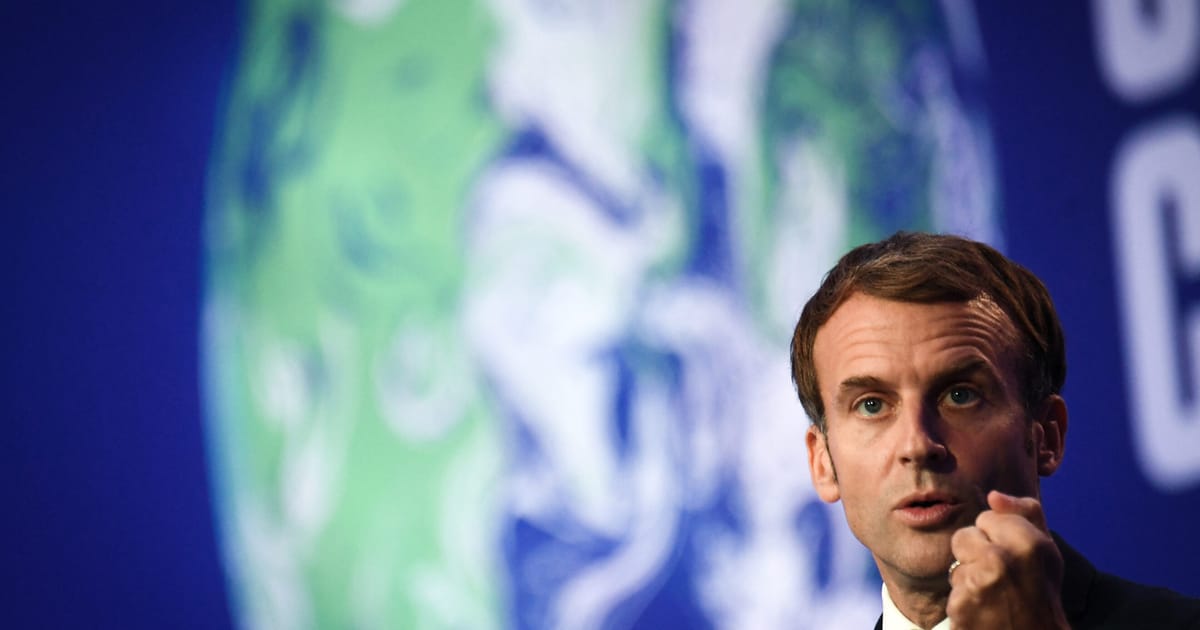Macron’s U-turn is reflected in the new course charted by the European Commission, which since last year’s European election has turned its attention from green policymaking to pro-business industrial policy, including red tape-slashing measures like the omnibus package. That shift is seen by many as a capitulation to right-wing forces, which are growing across Europe, and is causing unrest among Macron’s liberal allies.
“Let’s not give in to populism that consists in thinking, like the far right, that every time there is a rule, you shoot against it,” said Gregoire, warning that if Europe doesn’t stick to its green reporting standards it will end up obeying those imposed by other powers such as Washington. New U.S. President Donald Trump has comprehensively rejected the environmental programs of his predecessor, Joe Biden.
“We don’t see any reason to postpone,” said French MEP Pascal Canfin from Macron’s Renew Europe group, adding that Renew’s position is “yes to simplification, but no to delay.”
Trumpism-light
France was one of the first EU countries to adopt a due diligence law at the national level back in 2017. The French government proudly showcased the EU due diligence directive — which requires companies to check that their suppliers comply with environmental and forced labor rules — as a Europe-wide version of what France already did at home.
When France took the helm of the rotating presidency of the Council of the European Union in 2022, French ministers and even Macron put the due diligence directive and the CSRD high up on their economic agenda. Even then, however, some accused France of not being as supportive of the text as it claimed to be in public. (Paris and other countries, for example, managed to exempt the financial sector from due diligence rules.)
But with European business groups complaining that excessive red tape will penalize them against their competitors, especially in the U.S. and China, the French government has aligned itself with their arguments.
